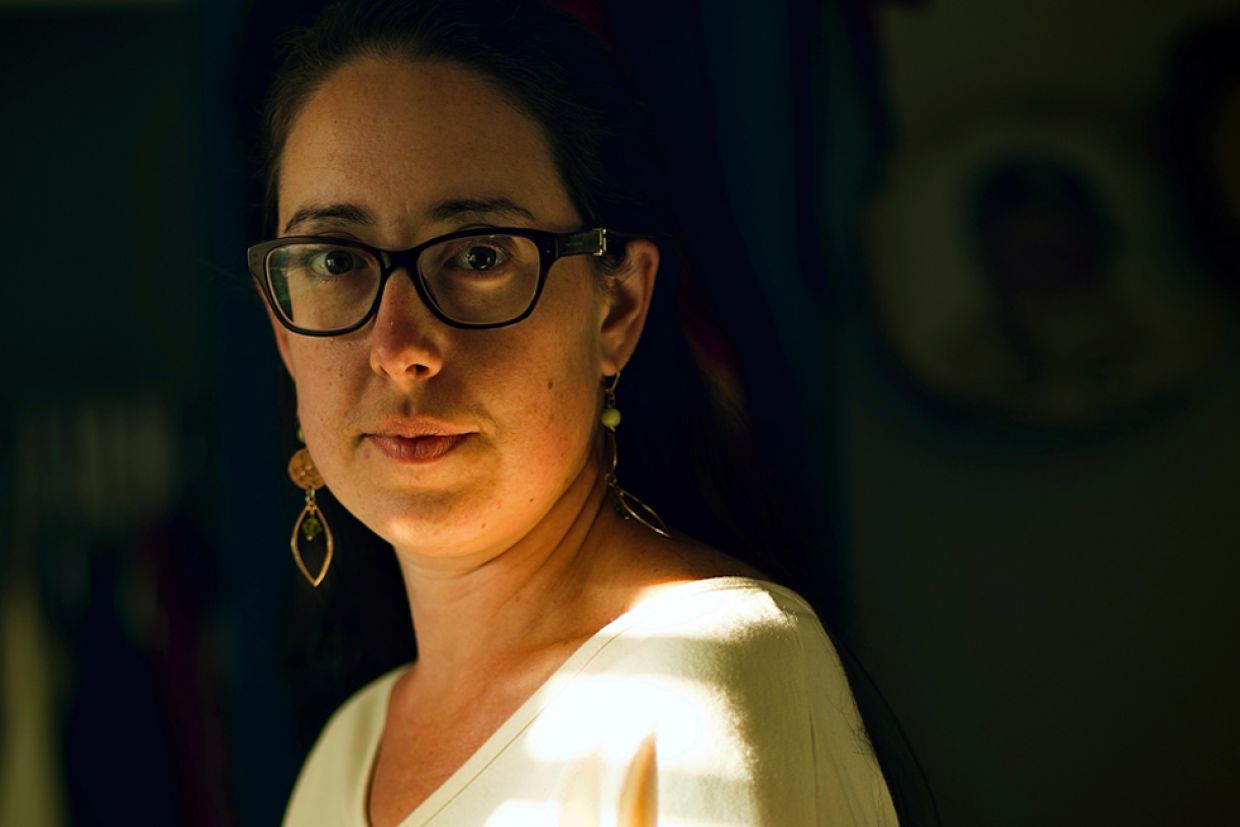Horror movies are normally a good way to scare people. Ashley Maracle, Artsci’09, is hoping to use a horror movie to inspire people.
The Queen’s history graduate is a part of the Bawaadan Collective, a group of Indigenous artists who create their own Indigenous content, such as a short film Midland Motel Room 77. The collective is now trying to help others by launching a contest to select an Indigenous youth to write and film a short horror movie.
The ultimate goal of the project isn’t to give audiences a good fright. It’s about empowering Indigenous youth and supporting them while they develop the skills to tell their own stories.
“It is important to see us (the Indigenous community) reflected back in media and in film,” says Maracle, who is Mohawk from Tyendinaga, and lives in Hamilton. “A lot of the ways Indigenous people are portrayed are not from our own perspective. It’s the way other people have viewed us, and it’s largely from a colonial lens. I think it is time for us to reclaim that narrative and reclaim our own identities.”
Over the summer, they put out a call for submissions from Indigenous youth in southern Ontario between the ages of 14-29 to submit a horror script. The Bawaadan members were impressed by the caliber of the stories submitted and selected Lua Mondor, a youth from the Toronto area, as the competition winner.
Collective members and Mondor have begun the pre-production process and are working on a series of meetings to help with various aspects of the film, such as script and character development, accessing cultural supports, choosing actors, and selecting locations. The collective will work with Mondor to develop the artistic direction, but when it comes to filming, the experienced movie makers will be on the set to run the camera and make sure everything runs smoothly.
Maracle says people shouldn’t expect a gory slasher film. The film will be more subtle and rooted in traditional Indigenous storytelling.
“We thought a horror movie was a good hook to get youth interested and encourage them to be creative,” says Maracle. “It’s fairly common in Indigenous communities to share scary stories, and a lot of those stories teach us lessons as well.”
Many people in the Bawaadan Collective have experience working with Indigenous youth. Maracle spent six years working as the community outreach liaison with the Four Direction Indigenous Centre at Queen’s. So the project is a perfect mix of the group’s passion for the arts and their work helping the next generation.
“This project comes from the desire to give back to the community and wanting to inspire youth,” Maracle says. “Oftentimes we don’t feel in control of how other people view us and how society sees us. It’s really important to empower youth to recognize they have ownership of that and they can influence. We need to put that forward and remind them of that.”
The film will be about 10 to 12 minutes long. Once filming has been completed in the spring, it will be submitted to various film and Indigenous arts festivals.


